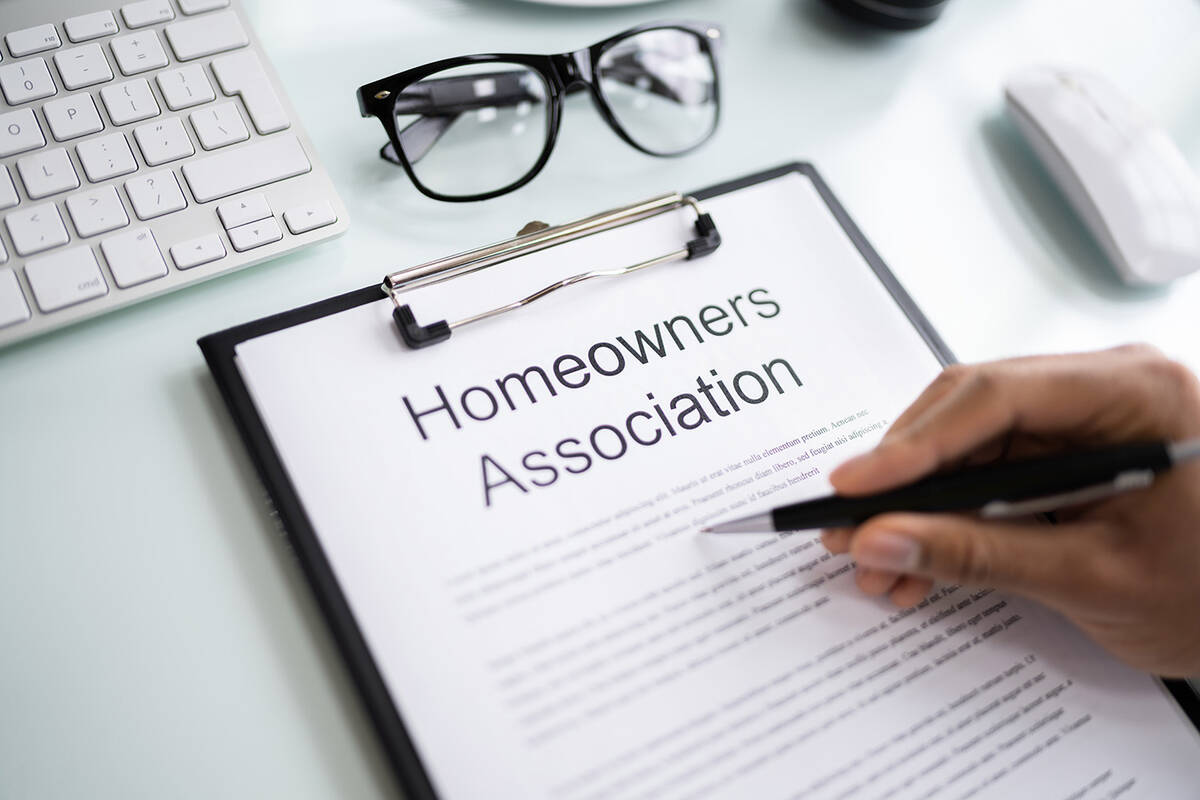Satellite dishes removed; HOA still fines owner
Q: I hope I can get some help because I find myself in a desperate situation. We are the owners and residents of a unit in a local condominium community.
We got an email from the (homeowners association) management company informing us that we were fined $100 and will be fined another $100 dollars every seven days because I did not correct the violation. The alleged violation was for satellite dishes being installed without approval. Now, here are the facts:
1. Satellite dishes were installed in 2009 with the association’s verbal permission.
2. Association passed the resolution demanding written permission to install satellite dishes in February 2018, nine years later.
3. Management company assured us at the time that this resolution doesn’t apply to us.
4. We got a compliance letter all of a sudden in March of this year, and then again in June we got a notice to appear for the hearing, at which point we have removed the dishes, to avoid further escalation. The dishes, located at our patio, were removed on June 17.
5. On July 24 we got a notice of a fine of $100 and a threat of another $100 a month if we are “not going correct the violation” — i.e. remove the dishes, which were removed more than a month ago! A notice of a fine has a picture of the balcony with both dishes clearly removed.
The management company is not helpful and does not answer our requests for clarification.
Please help! My 84-year-old mother and I are in a desperate situation and feel harassed and subject to extortion, with no one responding to our emails.
A: Send a certified letter to the board and the management company. Summarize the timeline as you have done in this email. Attach a copy of their latest violation letter that has a photograph with no satellite dishes on it. Tell them that their information is incorrect and that they must remove any $100 fine on your account. In the letter, state that you are expecting a formal response. Also, inform the board and the manager that you are prepared to file a formal complaint with the ombudsman.
Q: I am president of our homeowners association. Our community has 20 homes. We have three board members on our board. One of the members of our board wants to send out violation notices when she notices anything out of place.
I have said that I do not think a notice should go out unless at least two board members agree and that we should be scheduling property “inspections” regularly, not just when someone notices a problem, as I do not want to be the “cat-ready-to-pounce” kind of HOA.
My mom said she remembers something in your column regarding this. I have attempted to search for the information in the Nevada Revised Statutes 116 but can’t seem to find the information that deals with this. Can you please give me some direction or advice? I appreciate it very much!
A: Individual board members should not be sending out violation letters to homeowners for many reasons. If you do not have a management company to provide that service, you would need to set some policy for your board. As an example, if you want to designate the one board member as an inspector, you could, but under the condition that the other two board members agree. You really should find a third-party inspector because board members will later be asked to possibly fine the offender.
Q: Our homeowners association has a new management company overseeing day-to-day operations. The previous association seemed to be dead in the water as the neighborhoods are full of highly obvious violations. There are a number of homes that don’t comply with the landscaping requirement, building upkeep, trash can storage, etc. There are broken-down cars that have been sitting for years at a property. Some residents have stated: “There is nothing that can be done other than placing liens on the properties that don’t comply.” (Which are ignored by owners.) What rights do we have as part of this HOA? And is there anything that can be done other than liens? Thank you for your expertise.
A: Unless the Legislature changes the existing law, the only violations in which an association may institute a foreclosure action for nonpayment where a lien has been placed on the property is a health, safety or welfare violation. The law requires that a health, safety or welfare violation must pose an imminent threat of causing a substantial adverse effect on the health, safety or welfare of the residents.
If your streets are private and if your rules allow, you could tow the broken-down cars, but first check with your legal counsel. You also may want to speak with your legal counsel about Nevada Revised Statutes 116.310312, which allows the board, under certain situations, to maintain the exterior of a unit and charge the homeowners.
Barbara Holland, CPM is an author, educator, expert witness on real estate issues pertaining to management and brokerage. Questions may be sent to holland744o@gmail.com.












